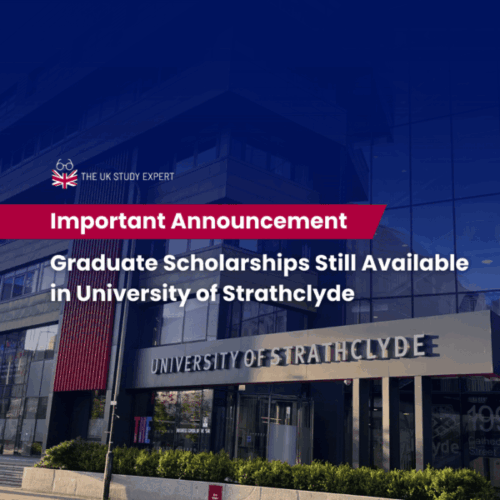Foundation years are something that are often overlooked in the UK university system, but provide benefits to certain students. There are typically two different types of foundation years in the UK.
The first is aimed at those who need some assistance with English before undertaking a full degree. This is called international foundation. We wouldn’t recommend this to US students since their first language is English. The second is a different type of foundation year, that students might take for a number of different reasons, and it is this one that would be most relevant to students from the US.
Foundation year is a preparatory pathway taken prior to starting a three-year degree in England, Wales and Northern Ireland. They are in broad subject areas, which will allow you to progress into a more specialized area. For example, at University of Sussex, our foundation year in Business, Management and Economics will allow students to progress into any of our 3-year degrees in the University of Sussex Business School.
So why take a foundation year?
A foundation year can be taken for a number of different reasons. As you start to research English universities, you’ll see that undergraduate degrees are in specialized areas (and start in the subject from day 1; we don’t have general education classes in our system!). But you might not be ready to commit to something that early on, so a Foundation Year can provide you with an intro year in a broad subject area whilst you finalize your choice on the three-year degree.
Most English degree programs will have specific academic requirements that you need to meet to be granted a place. This may be AP test scores, SAT/ACT scores, GPA, and we do this to ensure that you’ll be able to manage the workload on your chosen degree. If your test scores aren’t quite matching up, you could also consider a foundation year. There will still be requirements to meet (again to ensure that you can work at the foundation year level which is higher than high school), but they tend to be lower than the requirements for the degree, and give you that chance to bridge the gap between high school and first year of university.
Think of it like a final year top-up or attending community college in the US: It’s a great option if your grades aren’t strong enough to get into the school of your choice and you want to improve your academic skills. The foundation year gives you that option but you won’t be taking general education classes. Instead, you will be developing your subject knowledge before starting your bachelor’s degree.
You may also want to consider a foundation year if you’re rethinking your educational path, or if you’re coming back to education after a little while out.
How can a foundation year benefit me?
Foundations years have the aim of preparing students to be successful in the full degree they progress into. Because of this, you will be learning material specifically aimed to preparing you for a certain subject area – when school may not have done for you! You’ll learn essential skills and knowledge, and be taught by members of your university’s faculty. In fact, you’ll be considered a full member of the university, and get access to all the support services, facilities, and student life experiences that English universities have to offer.
What happens next?
Once you have successfully completed your foundation year (each university will have a certain grade they need you to make), you can then progress into one of the 3-year degrees that is in your chosen pathway. For example, the Social Sciences foundation year can lead into degrees in Politics, Law, Sociology, International Relations, Criminology, Geography- just to name a few. At this point, you’ll join the first year of your chosen degree and complete it successfully! And we know that students who have done a foundation year do really well too! At University of Sussex, over 88% of foundation year students went on to achieve the top two grades in their full degree in 2021.
Kasia Symons is the International Officer for the Americas at University of Sussex.






